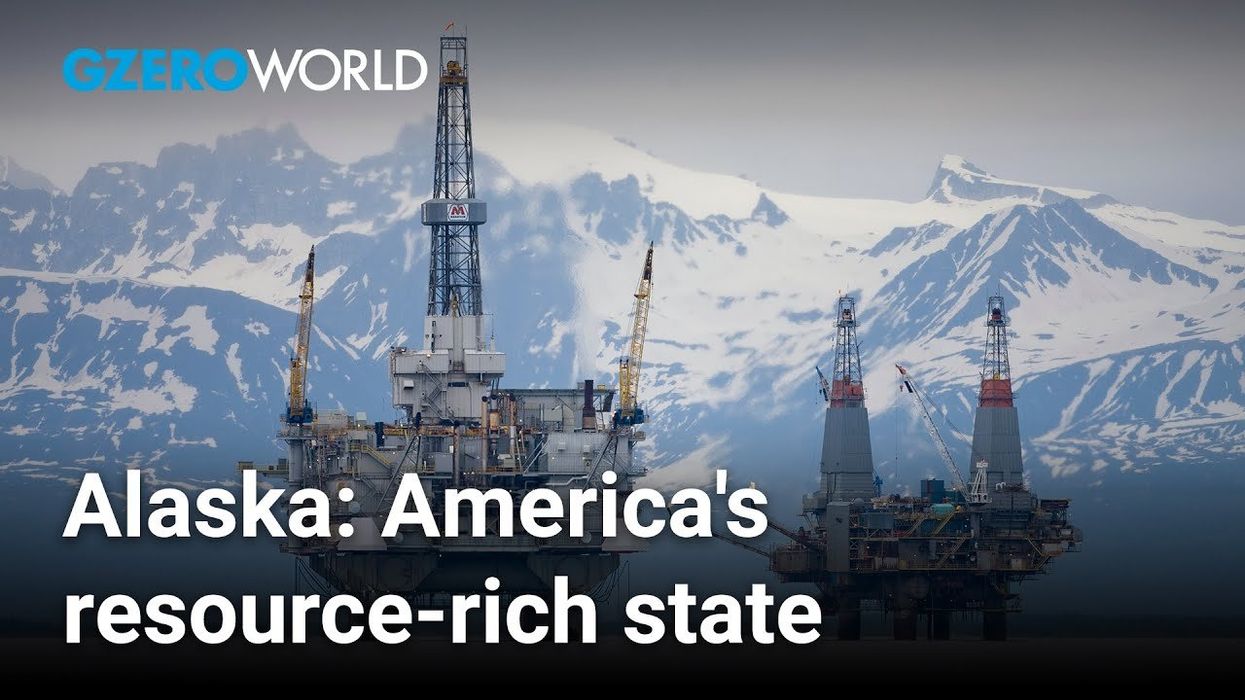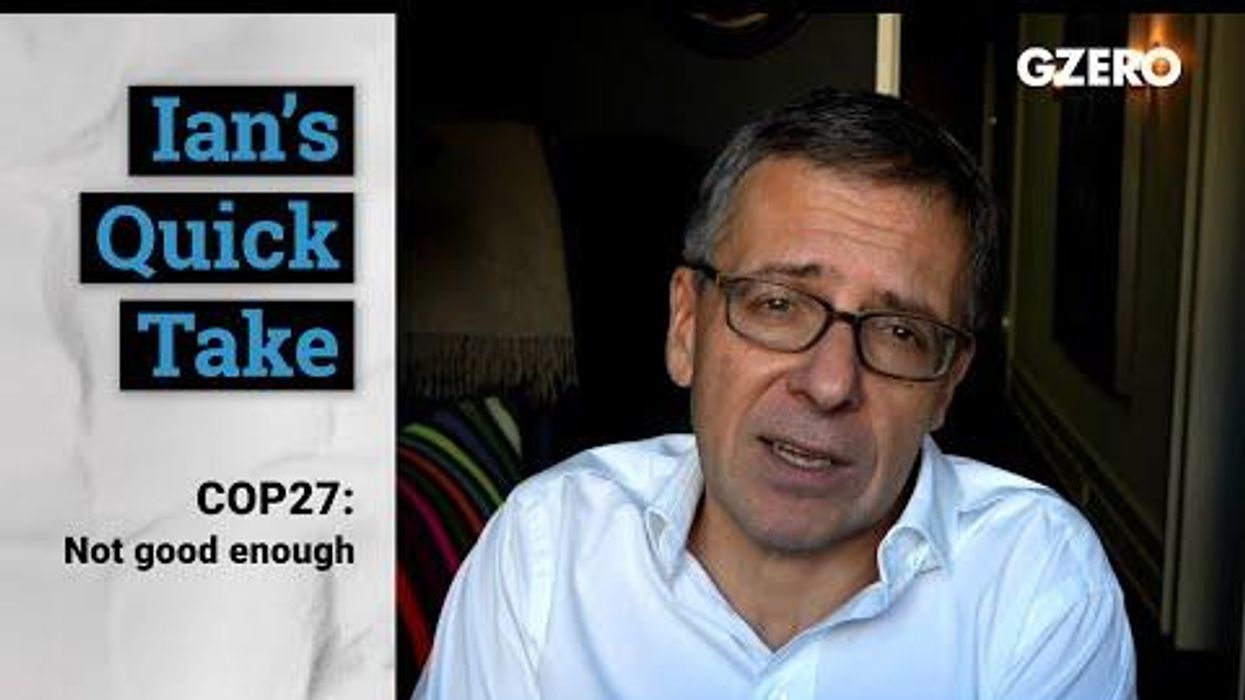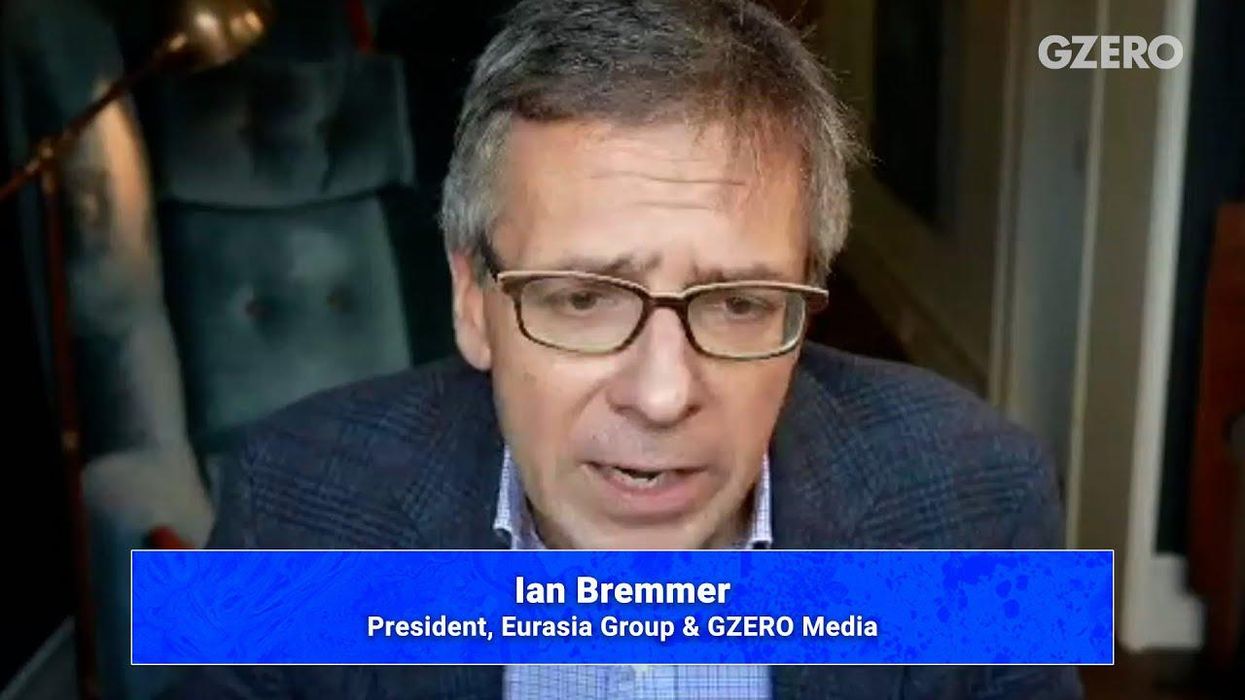GZERO World Clips
Resource-rich Alaska is crucial to the future of energy in America — Gov. Dunleavy
Alaska Governor Mike Dunleavy is tired of the federal government seeing his state as a giant “national park” rather than the resource-rich geopolitical hub that it is.
Aug 13, 2024







